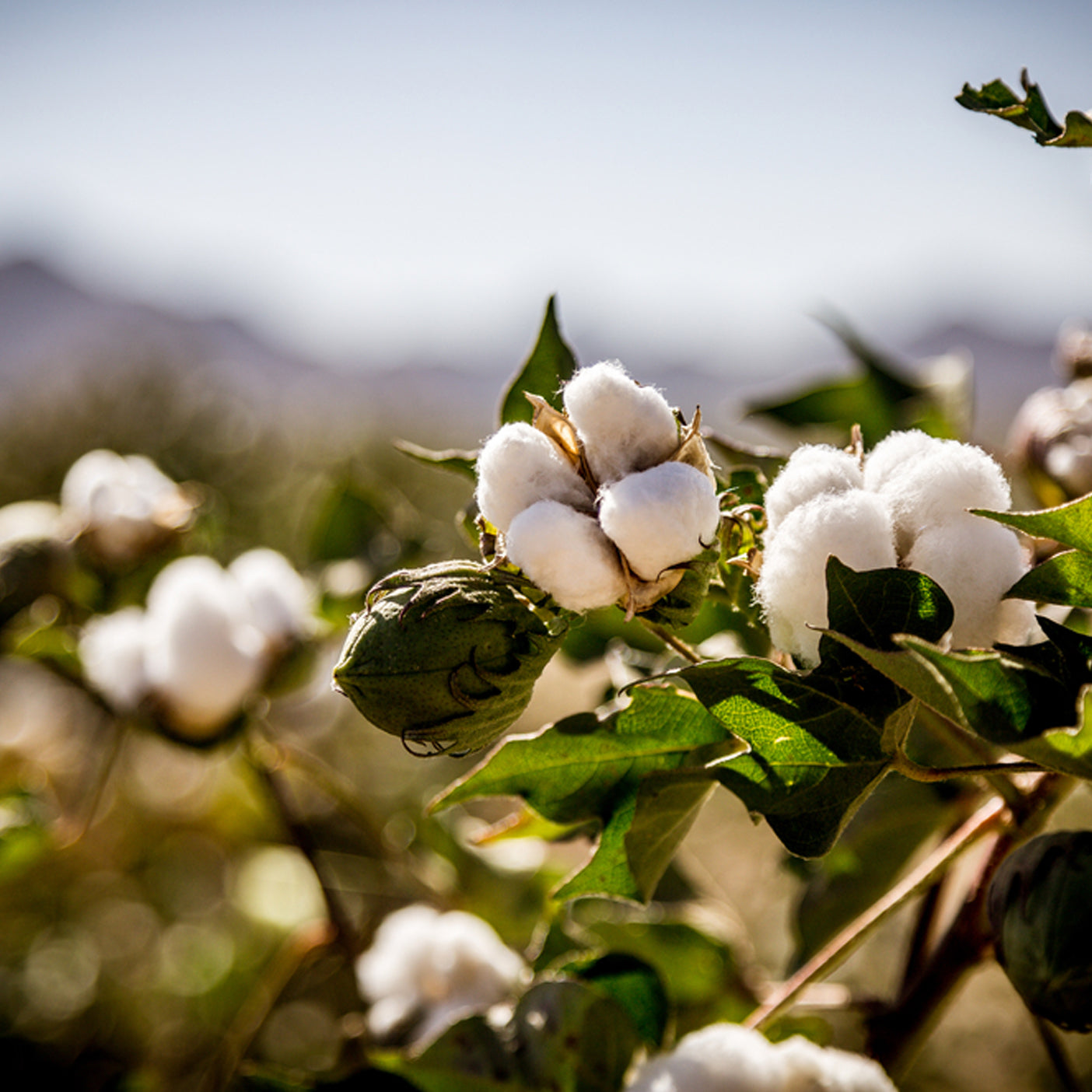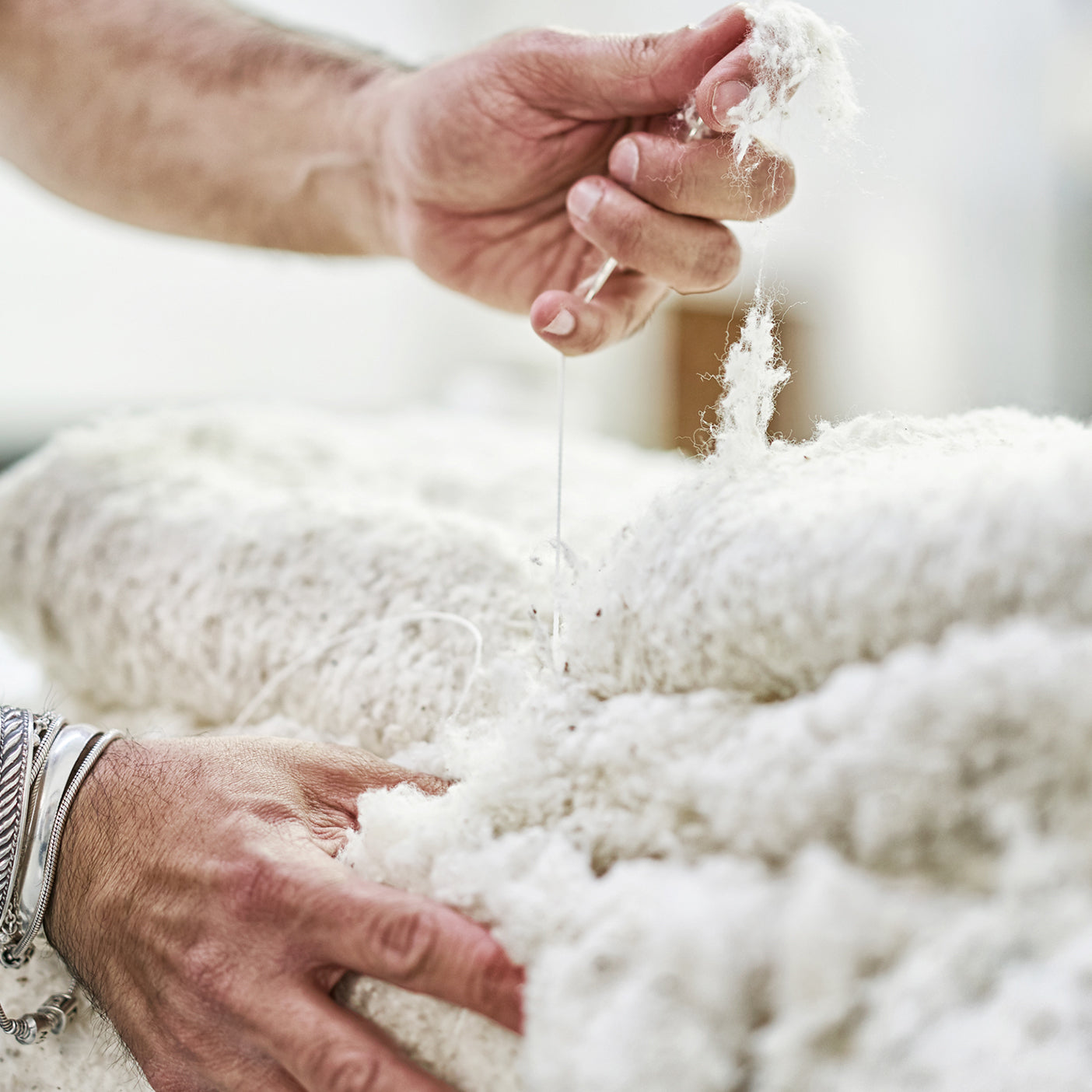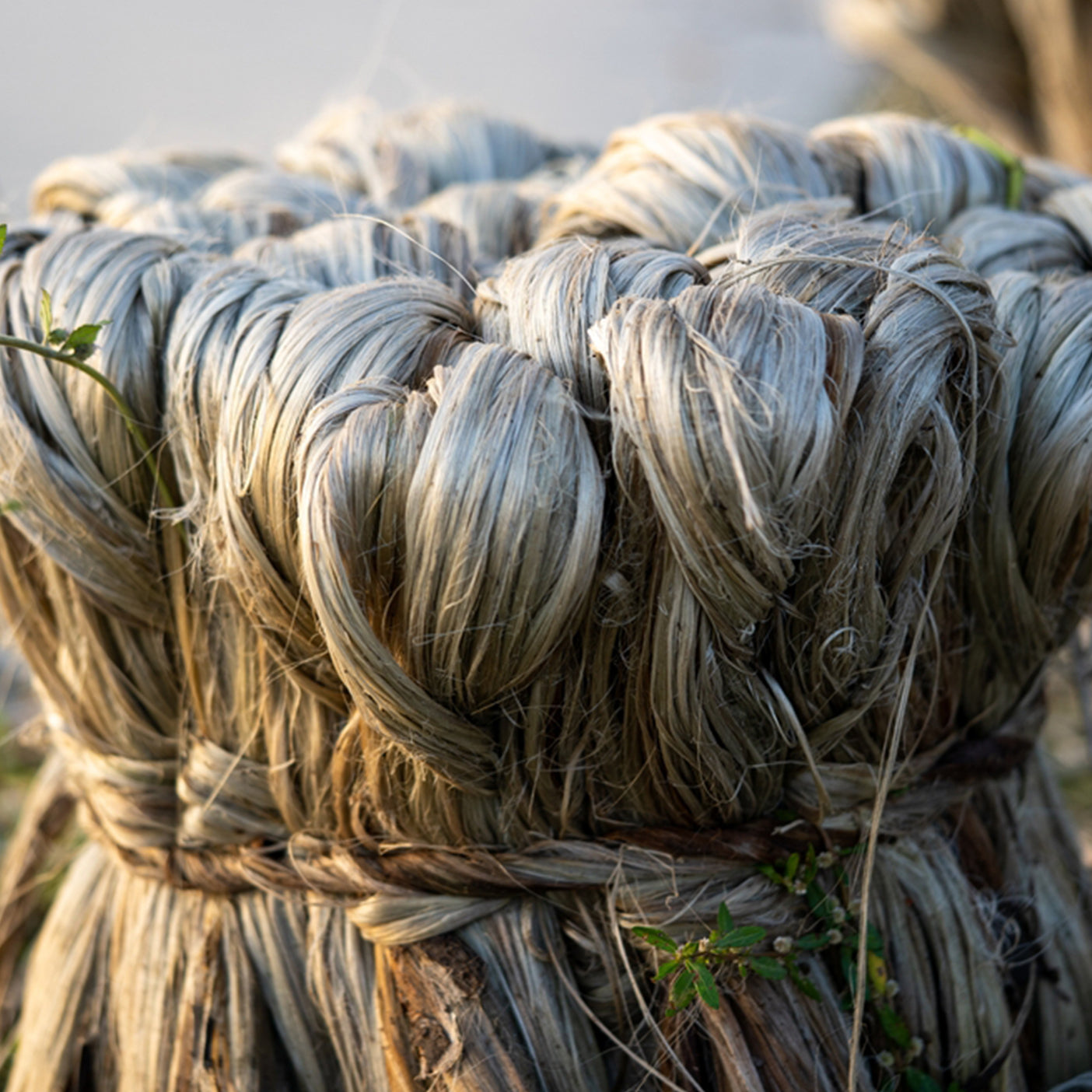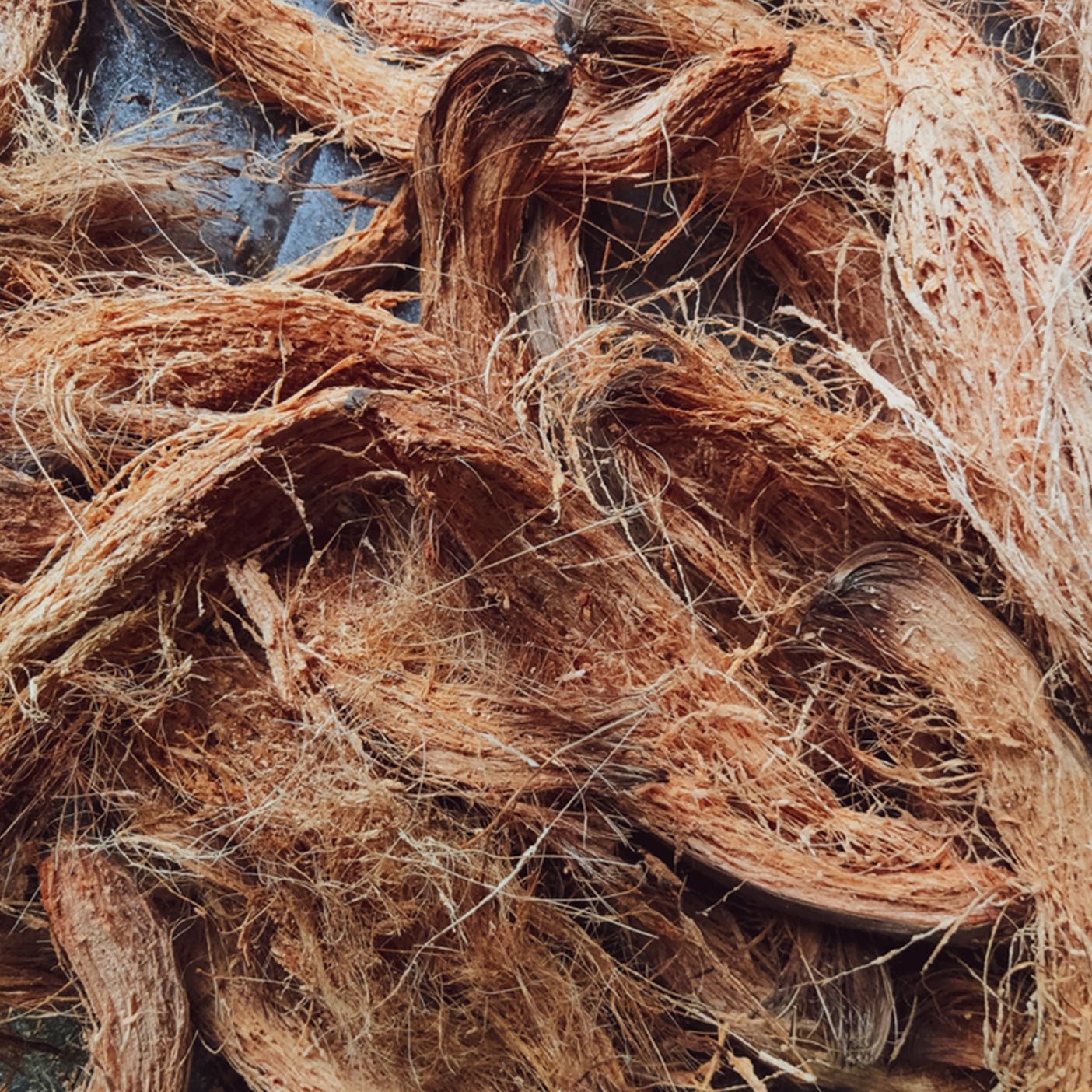Understanding Organic Cotton Organic cotton significantly differs from regular cotton in its cultivation, processing, and environmental impact. Unlike conventional cotton, which relies on synthetic chemicals and genetically modified organisms (GMOs), organic cotton is grown using natural pest repellents like marigolds and without harmful synthetic chemicals. This method not only preserves the environment but also produces higher-quality cotton.
Certifications
Ensuring Authenticity and Quality Certified organic cotton is verified by stringent third-party organizations such as the Global Organic Textile Standard (GOTS) and Standard 100 by OEKO-TEX®. These certifications ensure that the cotton meets rigorous environmental and social criteria throughout its production. GOTS certification, for instance, demands that a textile product contains at least 95% certified organic fibers.
Organic vs. Conventional Cotton: Key Differences
How It's Grown
Organic cotton uses non-GMO seeds and enriches the soil by rotating crops, which improves water retention and reduces the need for synthetic irrigation. Unlike conventional cotton that employs chemicals for weed and pest control, organic cotton farming utilizes manual cultivation and natural methods, significantly reducing water consumption by up to 90%.
How It's Harvested
Organic cotton is harvested by hand, ensuring no contamination with synthetic chemicals. This practice not only produces a better quality fiber but also protects the health of the farmers, unlike conventional methods which contribute to severe health issues and a reduced life expectancy among cotton farmers.
How It's Processed
In contrast to regular cotton, which undergoes chemical treatments and dyes that may contain heavy metals, organic cotton is processed with natural dyes and without harmful chemicals. This makes organic cotton safer for consumers, particularly those with chemical sensitivities.
Environmental and Humanitarian Impact Organic cotton farming has a profoundly positive impact on both the environment and the farmers. By avoiding the harsh chemicals used in conventional cotton farming, organic cotton reduces water pollution, uses significantly less water, and decreases greenhouse gas emissions. Additionally, Fair Trade Certified™ practices ensure that farmers receive fair wages and work under safe conditions, contributing to a sustainable community and environment.
Why Choose Organic Cotton Bedding from Delara? Organic cotton bedding is hypoallergenic, safer for sensitive skin, and made without the harsh chemicals found in regular cotton. Delara’s organic cotton products, including Sheet Sets ; duvet covers and comforters, not only offer luxury and comfort but also adhere to the highest standards of organic certification. By choosing Delara's organic cotton, you are investing in bedding that is both luxurious and responsible.
Conclusion
Making the Conscious Choice Switching to organic cotton isn’t just a personal health choice—it's a commitment to promoting a healthier planet and supporting ethical labor practices. Organic cotton’s benefits extend beyond the individual consumer to the global community, offering a sustainable alternative that enriches our environment and improves the lives of farmers. By opting for products like those from Delara, you contribute to a cycle of sustainability and quality that impacts the world positively.









Leave a comment